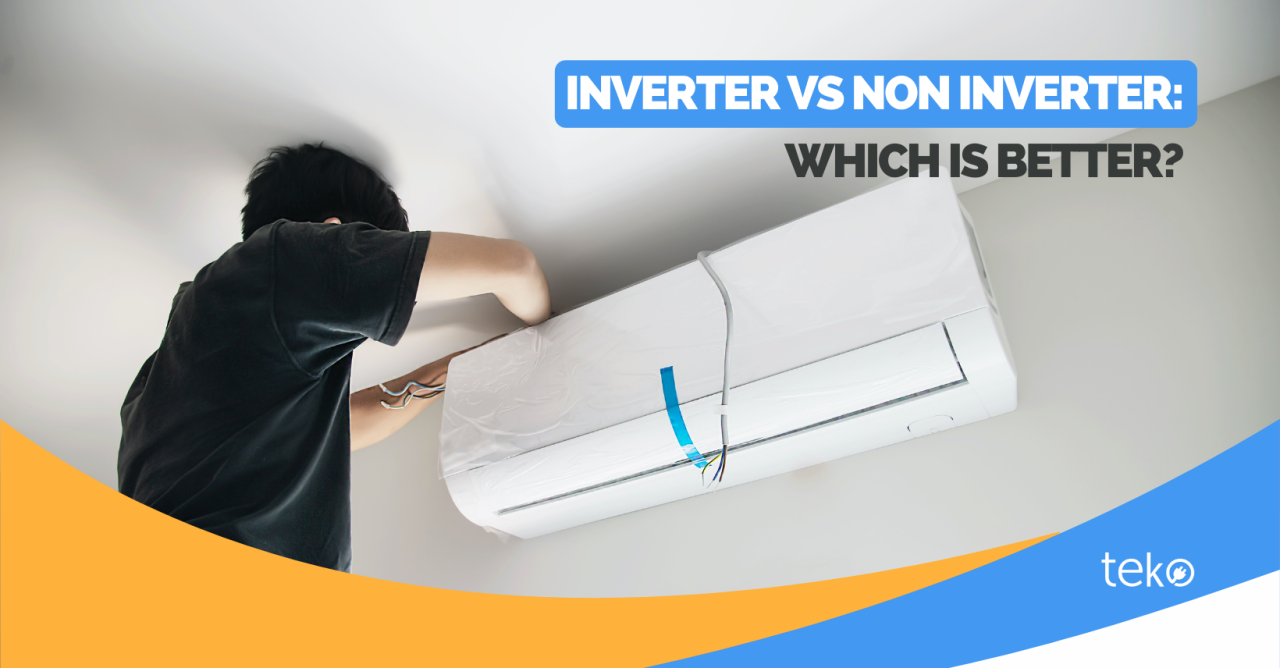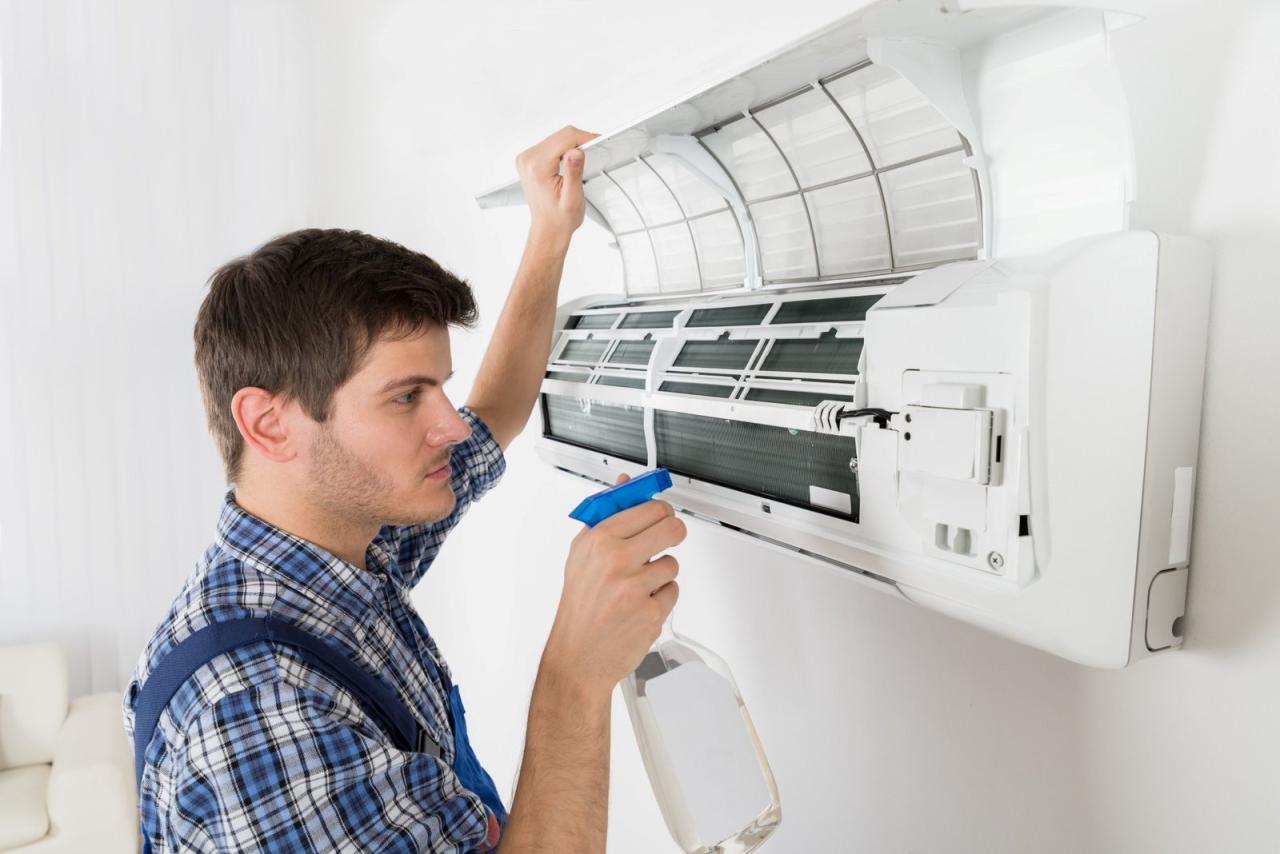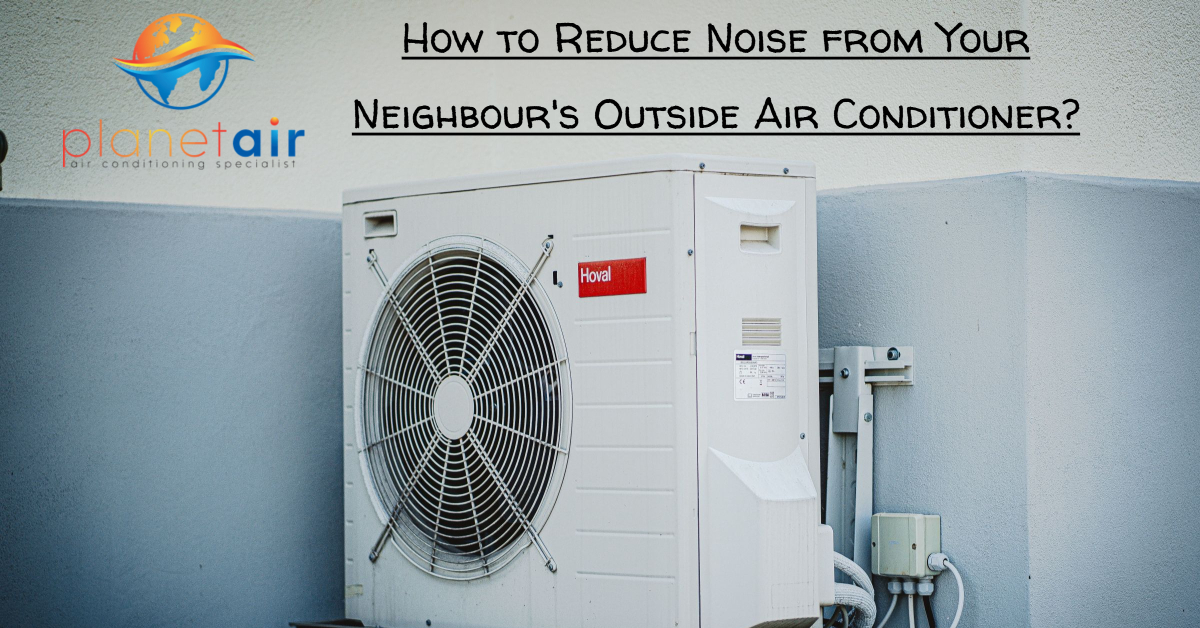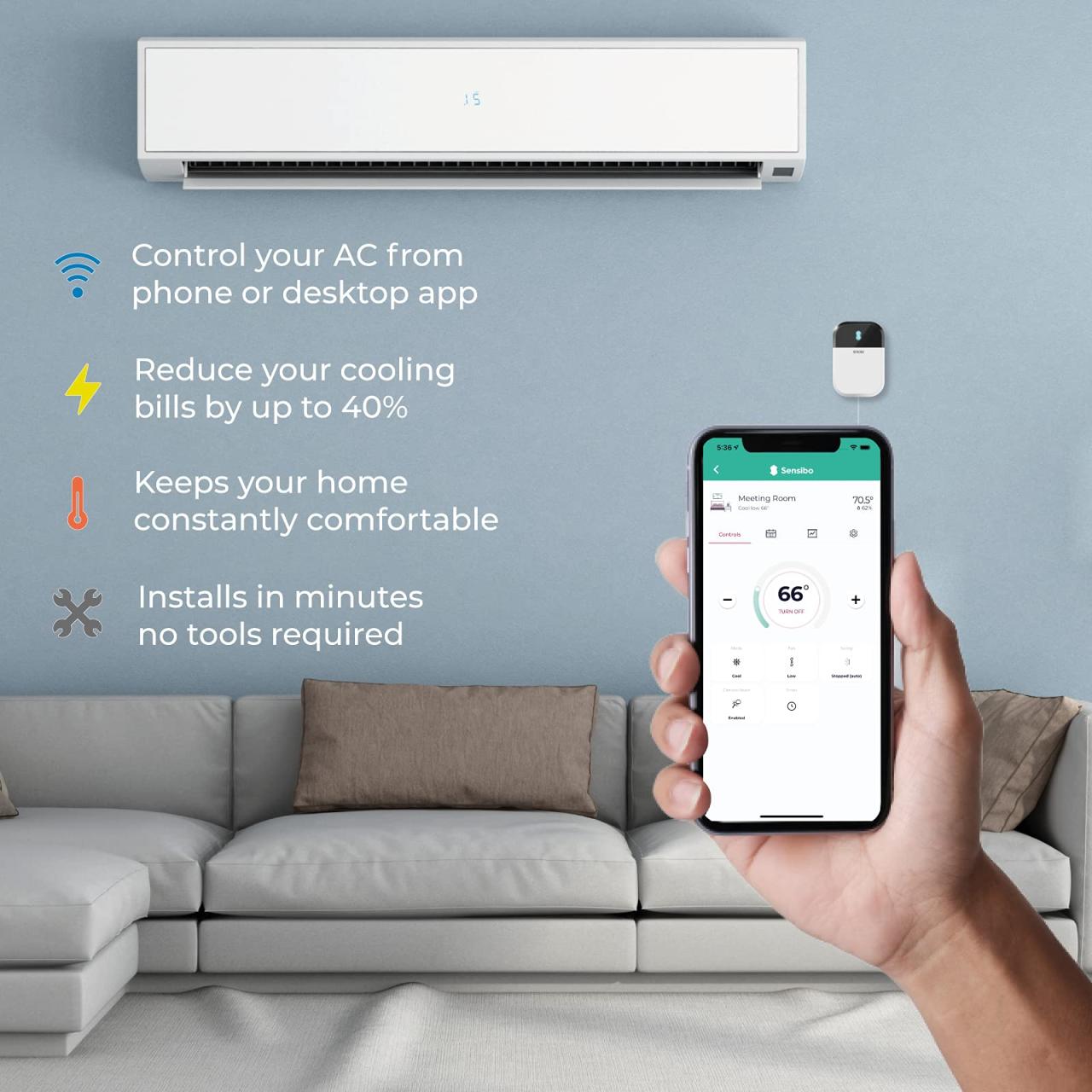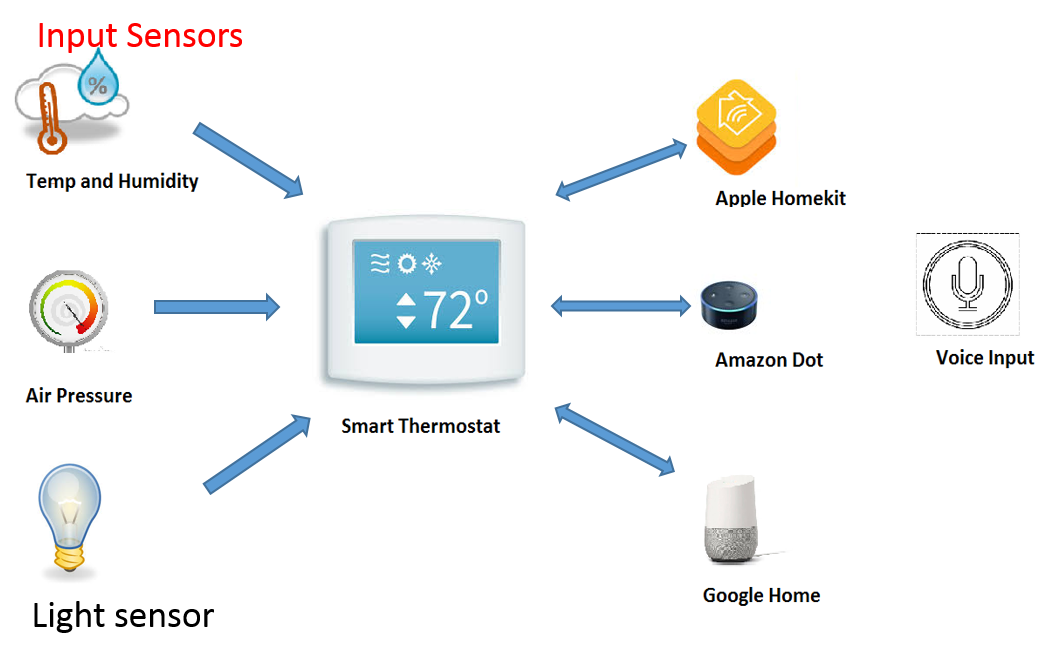Air conditioner comparison: LG vs Daikin vs Mitsubishi
Delving into the world of air conditioning giants, this comparison of LG, Daikin, and Mitsubishi promises to uncover the nuances that differentiate these leading brands. From cutting-edge technology to eco-friendly initiatives, prepare to explore the realm of air conditioners like never before.
In the following paragraphs, we will delve deeper into the key aspects of each brand's offerings, providing valuable insights for those looking to make an informed decision.
Overview of LG, Daikin, and Mitsubishi air conditioners

LG, Daikin, and Mitsubishi are three well-known brands in the air conditioning industry, each with its own unique history, reputation, and target market.LG:LG, a South Korean multinational company, has been a key player in the electronics industry for decades. Known for its innovative technology and stylish designs, LG air conditioners are popular for their energy efficiency and smart features.
LG targets a wide range of consumers, from budget-conscious buyers to those seeking high-end, cutting-edge solutions.Daikin:Daikin, a Japanese multinational company, has a strong reputation for quality and reliability. With a focus on advanced engineering and sustainability, Daikin air conditioners are favored for their performance and durability.
Daikin caters to customers looking for premium cooling solutions with a strong emphasis on environmental consciousness.Mitsubishi:Mitsubishi Electric, a Japanese company with a long history in the HVAC industry, is known for its precision engineering and attention to detail. Mitsubishi air conditioners are renowned for their quiet operation and superior air quality control.
The brand targets discerning customers who value comfort, efficiency, and advanced technology in their cooling systems.
Technology and Innovation
When it comes to technology and innovation in air conditioners, LG, Daikin, and Mitsubishi have each developed unique features to enhance energy efficiency, performance, and user experience.
LG Air Conditioners
LG focuses on incorporating advanced technologies such as Dual Inverter Compressor, SmartThinQ technology, and Plasma Ionizer to improve energy efficiency and performance. The Dual Inverter Compressor adjusts its speed according to the cooling demand, reducing energy consumption while providing faster cooling.
The SmartThinQ feature allows users to control the air conditioner remotely through a smartphone app, optimizing comfort and energy usage. The Plasma Ionizer technology helps in eliminating harmful particles in the air, providing cleaner and healthier indoor air quality.
Daikin Air Conditioners
Daikin air conditioners are known for their innovative technologies like the Variable Refrigerant Volume (VRV) system, Intelligent Eye sensor, and Coanda Airflow. The VRV system allows for individual control of multiple indoor units, optimizing energy usage and comfort. The Intelligent Eye sensor detects human presence in the room, adjusting the temperature and airflow accordingly to save energy.
The Coanda Airflow feature ensures even distribution of air throughout the room, enhancing cooling efficiency.
Mitsubishi Air Conditioners
Mitsubishi air conditioners stand out with technologies like Hyper-Heating INVERTER (H2i) technology, 3D i-See Sensor, and Wi-Fi control. The H2i technology allows the air conditioner to operate efficiently even in extreme cold conditions, maintaining consistent heating performance. The 3D i-See Sensor scans the room to detect occupancy and adjust the temperature for optimal comfort and energy savings.
With Wi-Fi control, users can manage their air conditioner settings remotely, ensuring a convenient and personalized experience.
Energy Efficiency and Eco-friendliness
When it comes to air conditioners, energy efficiency and eco-friendliness are crucial factors to consider. Let's delve into how LG, Daikin, and Mitsubishi stack up in these areas.
Energy Efficiency Ratings
Energy efficiency ratings are essential for determining how much energy an air conditioner consumes while operating. Here is a comparison of the energy efficiency ratings of LG, Daikin, and Mitsubishi air conditioners:
- LG: LG air conditioners are known for their high energy efficiency ratings, with many models featuring inverter technology to optimize energy usage.
- Daikin: Daikin also offers air conditioners with impressive energy efficiency ratings, utilizing advanced technologies like variable refrigerant flow systems for better energy management.
- Mitsubishi: Mitsubishi air conditioners are recognized for their energy-efficient performance, incorporating features like smart sensors and zoning capabilities to reduce energy wastage.
Eco-friendly Initiatives and Sustainability Practices
Aside from energy efficiency, eco-friendly initiatives and sustainability practices play a significant role in reducing the environmental impact of air conditioners. Here's how LG, Daikin, and Mitsubishi are contributing to a greener future:
- LG: LG is committed to sustainability, with initiatives such as reducing greenhouse gas emissions in their manufacturing processes and promoting energy-saving features in their products.
- Daikin: Daikin focuses on environmental responsibility by recycling materials, using eco-friendly refrigerants, and designing air conditioners with recyclability in mind.
- Mitsubishi: Mitsubishi emphasizes eco-friendliness through programs like carbon offsetting, energy-efficient operations, and eco-conscious product designs that prioritize recyclability.
Environmental Impact of Manufacturing and Operating
Manufacturing and operating air conditioners can have a significant environmental impact. Let's compare how LG, Daikin, and Mitsubishi address this aspect:
- LG: LG has implemented green manufacturing practices to reduce waste and energy consumption during production. Their energy-efficient air conditioners also help lower carbon emissions during operation.
- Daikin: Daikin focuses on minimizing the environmental footprint of their air conditioners by using sustainable materials, eco-friendly refrigerants, and energy-saving technologies that reduce overall energy consumption.
- Mitsubishi: Mitsubishi strives to minimize the environmental impact of their air conditioners through energy-efficient designs, eco-conscious manufacturing processes, and a commitment to reducing carbon emissions throughout the product lifecycle.
Product range and pricing
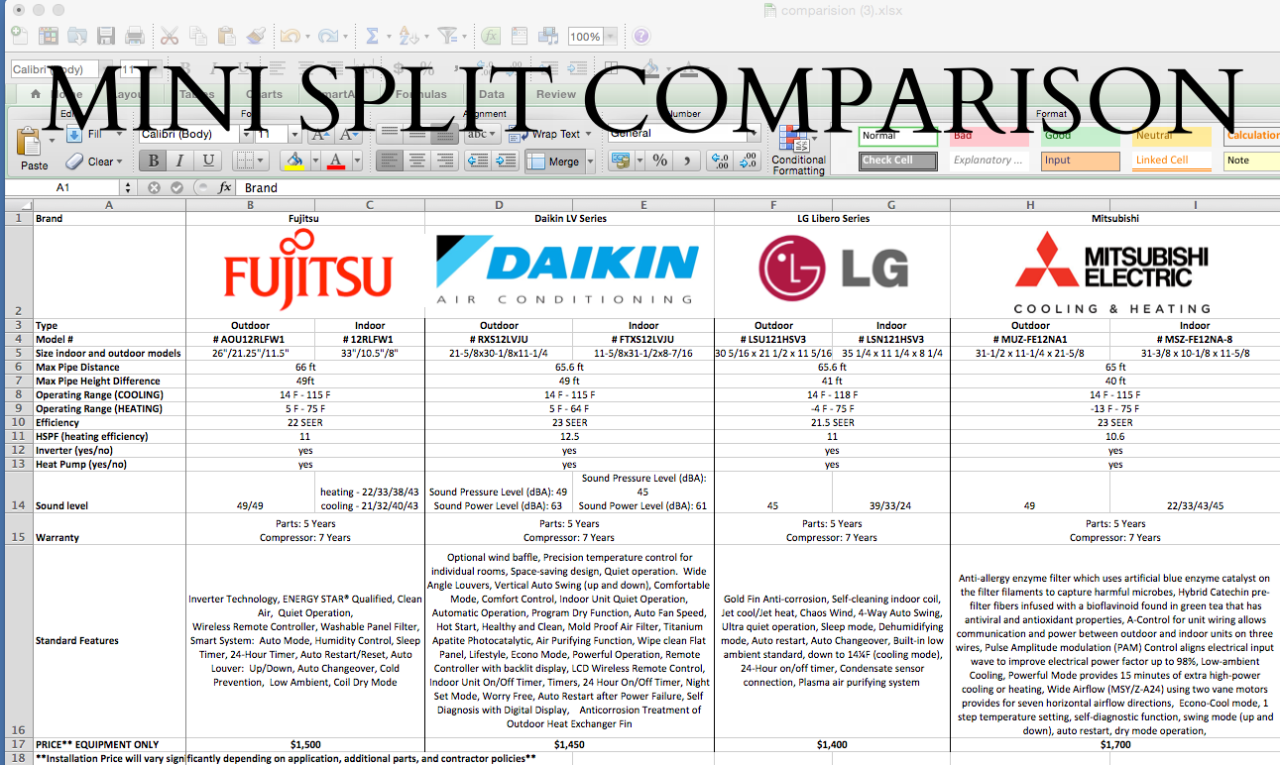
When it comes to the product range and pricing of air conditioners, LG, Daikin, and Mitsubishi each offer a variety of models to cater to different needs and budgets. Let's take a closer look at what each brand has to offer in terms of variety and pricing.
Range of Models
- LG: LG offers a wide range of air conditioners, including split, window, portable, and ducted systems. They have models suitable for residential and commercial use, with varying capacities and features to choose from.
- Daikin: Daikin also provides a diverse selection of air conditioners, such as split, multi-split, and ducted systems. They are known for their energy-efficient models and advanced technology, offering options for different settings and requirements.
- Mitsubishi: Mitsubishi offers a comprehensive range of air conditioners, including split, multi-split, and ducted systems. Their models are known for their reliability and performance, catering to both residential and commercial applications.
Pricing Strategy
- LG: LG air conditioners are competitively priced, offering a good balance between quality and affordability. They have options for various budgets, making them accessible to a wide range of consumers.
- Daikin: Daikin air conditioners are positioned at a higher price point compared to some other brands, reflecting their focus on energy efficiency and innovative features. The premium pricing is often justified by the advanced technology and durability of their products.
- Mitsubishi: Mitsubishi air conditioners are known for their durability and performance, which is reflected in their pricing. While they may be priced slightly higher, customers value the quality and reliability offered by Mitsubishi air conditioners.
Warranty and After-sales Support
- LG: LG provides a standard warranty on their air conditioners, typically covering parts and labor for a certain period. Their after-sales support includes customer service hotlines and authorized service centers for any maintenance or repair needs.
- Daikin: Daikin offers a generous warranty on their products, showcasing confidence in the quality and longevity of their air conditioners. They also have a network of service centers and technicians to assist customers with any issues post-purchase.
- Mitsubishi: Mitsubishi provides a solid warranty on their air conditioners, ensuring customers are covered in case of any defects or malfunctions. Their after-sales support includes technical assistance and maintenance services to keep the units running smoothly.
Wrap-Up
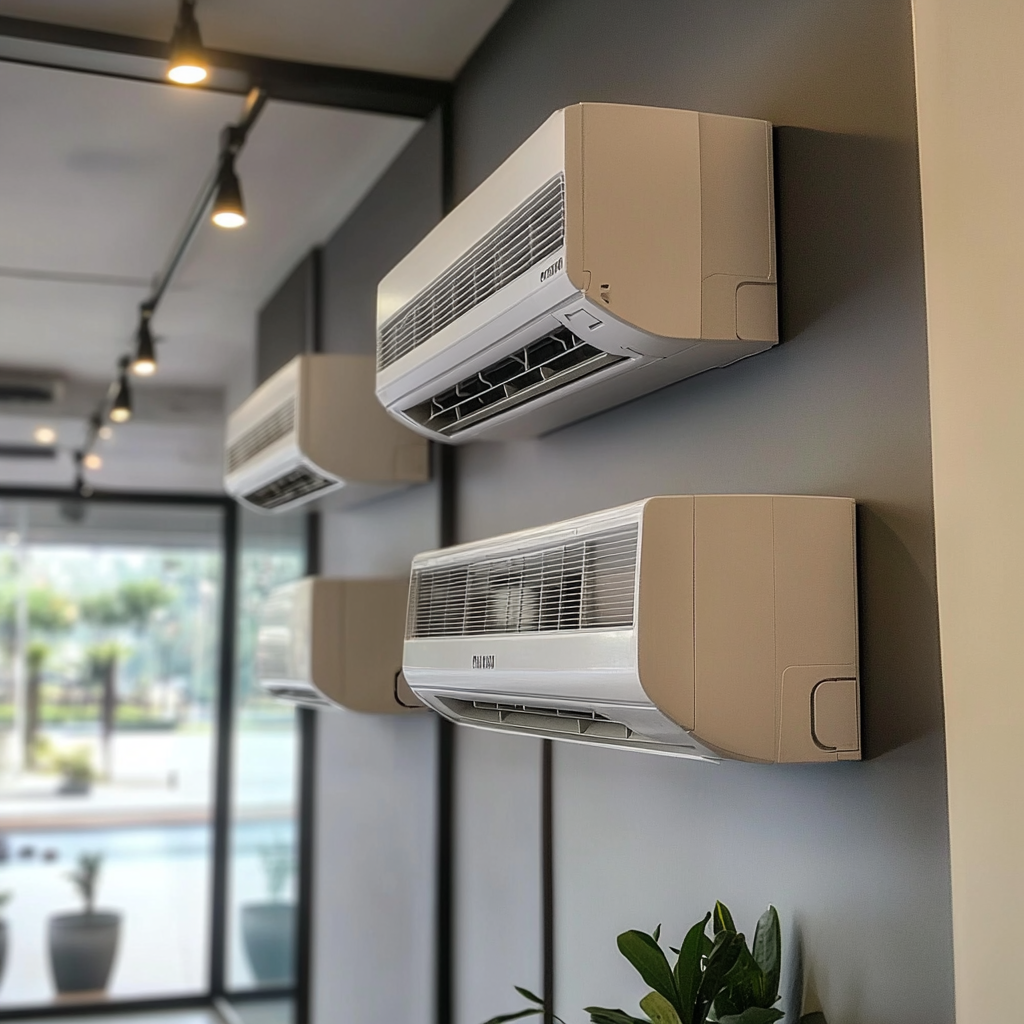
In conclusion, the comparison of LG, Daikin, and Mitsubishi air conditioners reveals a landscape rich with innovation, efficiency, and sustainability. As you contemplate your next air conditioning purchase, remember the unique strengths of each brand and choose wisely.
FAQ Insights
Which brand is known for its energy-efficient technology?
Daikin is renowned for its innovative technologies that prioritize energy efficiency, making it a top choice for environmentally conscious consumers.
Do all three brands offer smart features in their air conditioners?
Yes, LG, Daikin, and Mitsubishi provide smart features and connectivity options in their air conditioners, catering to the tech-savvy users' needs.
How do the warranty policies differ among LG, Daikin, and Mitsubishi?
LG, Daikin, and Mitsubishi offer varying warranty durations and coverage, so it's essential to review each brand's specific terms to ensure comprehensive post-purchase support.
